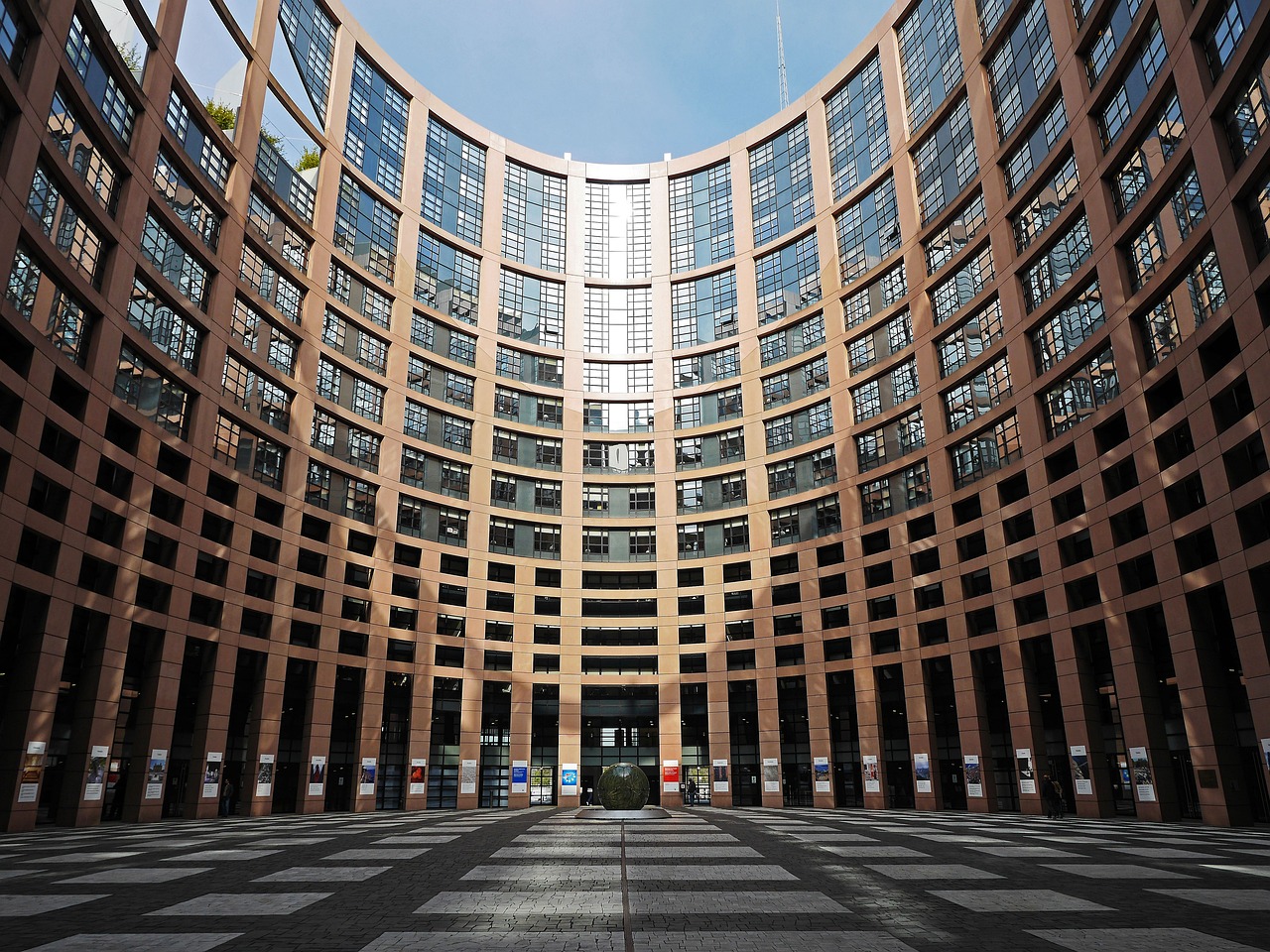The European Union Corporate Sustainability Due Diligence Directive (EU CSD Directive) represents a significant milestone in the realm of corporate social responsibility and sustainable business practices. The directive, proposed by the European Commission, aims to enhance the accountability of companies and strengthen their obligations regarding environmental and human rights impacts throughout their supply chains. By imposing rigorous due diligence measures, the EU seeks to ensure that businesses operating within its jurisdiction operate in a socially and environmentally responsible manner.
Scope and Objectives of the EU CSD Directive
The EU CSD Directive aims to establish a comprehensive framework for corporate sustainability due diligence, covering a broad range of environmental and social aspects. It targets companies operating in the EU, placing the onus on them to identify, prevent, and mitigate adverse impacts resulting from their operations and supply chains. The primary objective is to foster sustainable development by integrating environmental protection, social welfare, and human rights considerations into business practices. It will apply to companies with more than 250 employees and/or turnover in excess of €40m. It will also apply to non-EU companies once they have a turnover in the EU of €40m. Firms could be fined up to 5% of the global turnover under this directive.
Due Diligence Obligations under the EU CSD Directive
Under the EU CSD Directive, companies will be required to conduct due diligence throughout their supply chains to identify and address any adverse impacts on the environment, human rights, and societal interests. This will require extensive risk assessments, implementing measures to prevent harm, and monitoring the effectiveness of these actions. The directive encourages collaboration between companies and stakeholders, emphasizing transparency and the exchange of information to ensure responsible practices.
Introducing a strong Environmental and Human Rights Focus
The EU CSD Directive emphasizes the need for companies to address environmental concerns, such as climate change, pollution, and resource depletion. It also emphasizes the protection of human rights, including labour rights, workers’ health and safety, and the rights of indigenous communities and vulnerable groups.
Encouraging Supply Chain Responsibility for companies trading within and into the EU
Recognizing the complexity of global supply chains, the EU CSD Directive emphasizes the responsibility of companies to assess and manage risks in their supply chains. It requires companies to map their supply chains, identify potential risks, and take appropriate measures to prevent and mitigate adverse impacts. This provision aims to promote transparency, ethical sourcing, and responsible procurement practices, fostering a culture of sustainability and accountability throughout the value chain.
Enforcement and Liability under the EU CSD Directive
The EU CSD Directive introduces penalties and enforcement mechanisms to ensure compliance. Companies that fail to meet their due diligence obligations may face significant financial penalties (e.g. up to 5% of global turnover), legal consequences, or be subject to public disclosure. Moreover, affected parties, including individuals and civil society organizations, may seek legal remedies in case of harm caused by non-compliance. The European Parliament is pushing the European Commission to accommodate and facilitate this.
Key implications for Businesses
The EU CSD Directive presents both challenges and opportunities for businesses. Companies will need to invest in robust due diligence systems, enhance traceability in their supply chains, and establish mechanisms to address potential risks effectively. This may require additional resources and expertise. However, compliance with the directive can also enhance a company’s reputation, attract responsible investors, and create a competitive advantage in an increasingly sustainability-conscious market.
What this may mean for trade within and into the EU
Given the EU’s economic importance and its influence on global trade, the EU CSD Directive is expected to have far-reaching implications beyond its borders. Non-EU companies seeking to access the European market may need to align with the directive’s requirements, thereby promoting the adoption of responsible business practices globally. This harmonization may encourage a race to the top, whereby companies worldwide compete to meet sustainability standards, fostering positive change on a global scale.
Additional information is available here: https://www.cips.org/supply-management/news/2023/june/eu-supply-chain-due-diligence-directive-to-eliminate-cowboy-companies/

